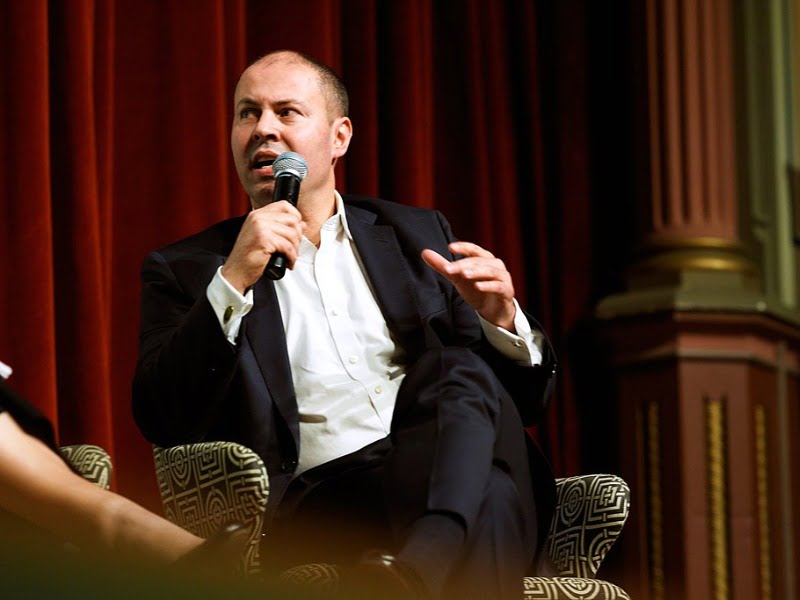The federal government will make a number of “technical” amendments to the media bargaining code to make it more “workable”, with the legislation set to sail through Parliament this week with the support of the Opposition.
Legislation introducing a bargaining code between Google and Facebook and Australian media companies which would require them to enter into final offer arbitration to determine revenue sharing deals, will be debated in Parliament this week after it was given the green light by a senate committee last week.
The legislation will have safe passage through Parliament with Labor confirming on Tuesday that it will support the bill, which the government will look to amend on Wednesday.

The amendments focus on “streamlining” the requirement for Google and Facebook to provide notification of relevant changes to their algorithms and making clarifications to the arbitration process.
The existing legislation will require Google and Facebook to provide media companies with 28 days’ notice of any relevant algorithmic changes made by human intervention. Both tech giants have railed against this clause, saying it is impractical, and the government has appeared to back down slightly on it.
The government confirmed that it will move an amendment to “streamline” these requirements in order to “make them more workable”.
The amendments also clarify the criteria for the final offer arbitration to require the costs of both the media firms and the digital platforms be considered, and to ensure that the decided remuneration is in the form of lump sum payments.
The government will also clarify that the Australian Competition and Consumer Commission’s role in the scheme is to provide “factual information to assist the arbitrator”. The amendments also adjust the effect of the code’s anti-avoidance provisions so that they will not take effect until the commencement of the code.
The government will also ensure that the anti-avoidance provisions in the code don’t “interfere with existing contractual rights”, such as revenue-sharing deals between media companies and big tech firms outside of the code.
The bargaining code will also be reviewed by Treasury after one year of its operation.
The bargaining code legislation will now likely pass Parliament without any further amendments in this sitting fortnight.
The real test however will be if and when Treasurer Josh Frydenberg moves to designate Facebook and Google under the code, which will actually bring it into action.
It also depends on whether the government moves to designate Google and Facebook’s core services or just their specific news platforms, as the tech giants’ are still pushing for.
The Coalition has given itself wiggle room to avoid imposing the code on Google and Facebook if the organisations sign deals with media companies over the sharing of news content. Seven West Media on Monday signed a deal reportedly worth at least $30 million to have its content featured on Google Showcase, with more deals expected in the coming weeks.
The government can still opt to not designate one or both companies under the code, making its passage through Parliament meaningless.
“If there are commercial deals in place, then that becomes a different equation,” Mr Frydenberg said on Monday.
Do you know more? Contact James Riley via Email.

